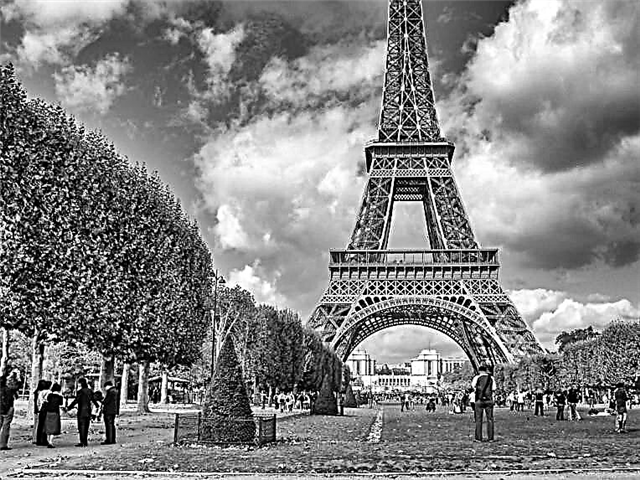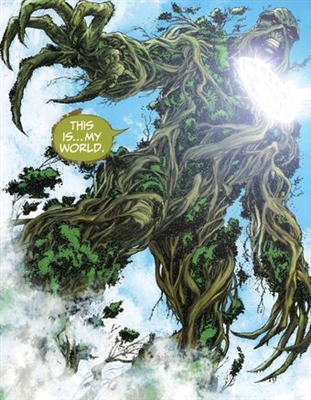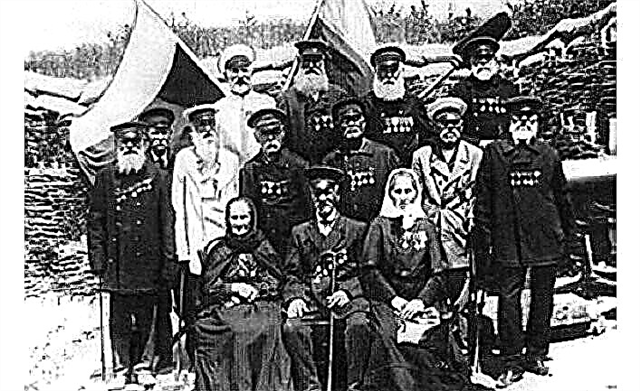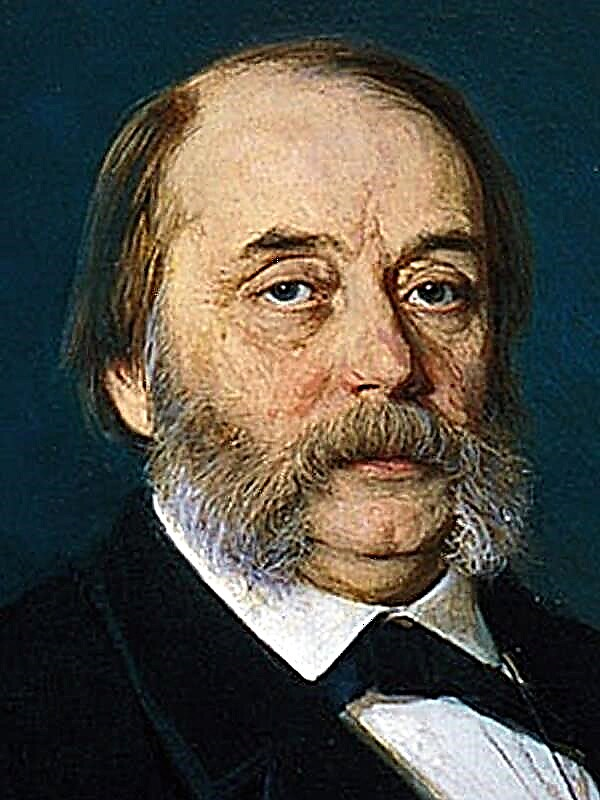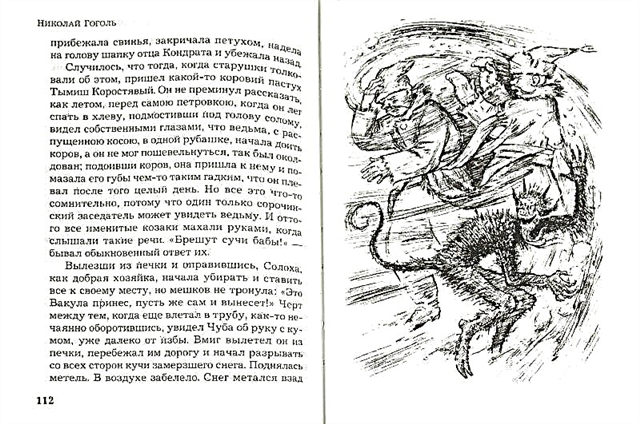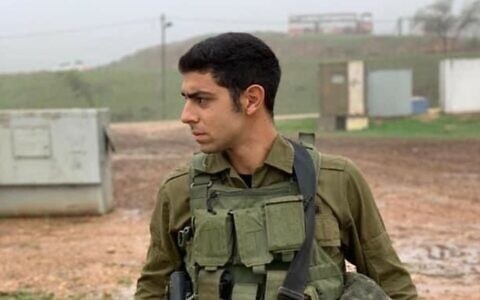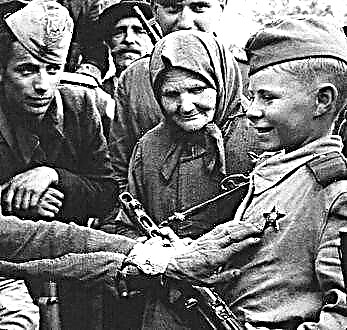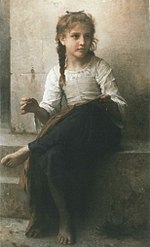Addressing his children and everyone who would ever read his message, Prince Vladimir Monomakh (1053-1125) urges them to have God's fear in their hearts and do good, bearing in mind that the days of man on earth are fleeting and terrible to die not repenting of their sins. The desire to write down his cherished thoughts - the fruit of mature thoughts and rich life experience - arises from the prince during his trip to the Volga, where he meets with the ambassadors of his brothers and talks with them. The brothers offer the prince to speak with them against the Rostislavichs and take away the volost from them. If the prince does not want to join their campaign, then in case of war let him not count on their help. The prince, upset by the feud, sitting in the sleigh, opens the Psalter at random, and, comforted by wise utterances, plans to write a book of teachings for children and grandchildren, which will also be accompanied by a true and comprehensive story about his life.
The prince urges his children not to be lazy and always remember that God's mercy can be gained not only through strict retreat, monasticism and fasting: it is enough to complete a small work, but if it is done with the fear of God and with a sincere desire to help one's neighbor, it will be counted towards the person.The prince convinces his children not to forget about prayer, no matter what they do. But at the same time, he urges them not to neglect the teachings and the acquisition of knowledge: he sets them as an example his father, who "at home, knew five languages, and therefore honor from other countries." The prince tries to instill in his children the rules of morality, rooted in the Christian faith, and also gives them purely practical advice: always honor the elders; in war, do not rely on the governor, but establish a strict order and demand its observance; in turbulent times, never part with weapons; not allow their servants to harm the peasants; to love a wife, but not to give her authority over herself.
Monomakh's story about his life
The prince says that he began an independent life at the age of thirteen, when his father sent him to Rostov through the land of Vyatichi. This was the first campaign, and in total it has eighty-three large campaigns. At least a hundred times Monomakh traveled from Chernigov to Kiev to his father, made peace with the Polovtsian princes nineteen times - with his father and fatherless, and during the war he killed about two hundred Polovtsian soldiers in battle. In addition, the prince is a passionate hunter. He talks about how in Chernigov he "caught wild horses with his own hands", he alone hunted wild boar, bear, moose, and round. At the same time, Monomakh did not shoulder all the responsibilities for maintaining the hunting economy with only servants: "what my youth was supposed to do, he did it himself - in the war and on the hunts, night and day, in the heat and cold, not giving himself rest."
Finishing the story, the prince expresses the hope that his children will not judge him, for he least thought of boasting before them with his courage and retinue, but he only wanted to praise God and glorify His mercy for the fact that He protected him, sinful, from all misfortunes. The prince urges children not to be afraid of death, for only then will a person die when God's consent is given.
Monomakh's letter to Oleg Svyatoslavich
Listening to the advice of his eldest son, who was baptized by his cousin, Oleg Svyatoslavich, the prince writes him a letter in the hope of reconciliation. Suffering from the death of his son, who was killed in the battle with Oleg, the prince exhorts his brother and regrets that he did not immediately repent when the son of Monomakh was killed before him, as King David repented, saying: “My sin is always before me.” The prince advises Oleg to send him a daughter-in-law, the widow of the murdered, because that was exactly what their fathers and grandfathers did when they wanted reconciliation. Since you can’t turn back the dead and the judgment comes from God, and not from the one who killed, you need to turn to God so that He enlightens and directs the feet of the sinful person. Concluding the message, Monomakh tells his brother that he is looking for the good of the whole brotherhood and the Russian land, and conjures him not to try to obtain with violence what can be obtained as a sign of sincere care and blood relationship.


